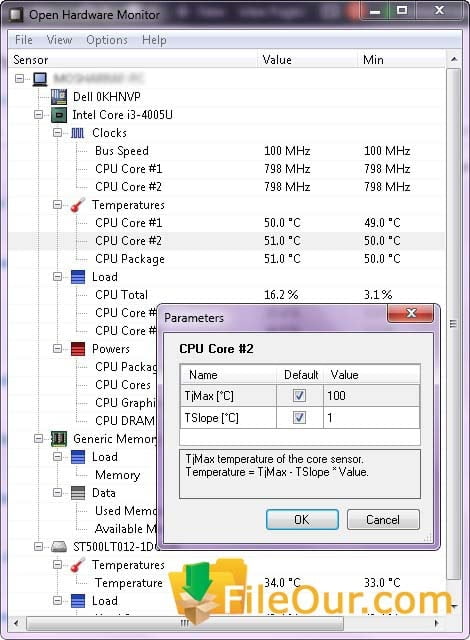

- FREE COMPUTER HARDWARE MONITOR SOFTWARE
- FREE COMPUTER HARDWARE MONITOR PC
- FREE COMPUTER HARDWARE MONITOR WINDOWS
Users can also customize the system’s response when the sensor exceeds optimum values.
FREE COMPUTER HARDWARE MONITOR SOFTWARE
Users can also log the measurement values into a CSV file, HTML file, or export the results to an external application.įurthermore, the software sends out alerts when sensor values exceed user-defined ranges.
FREE COMPUTER HARDWARE MONITOR PC
AIDA64 PC Voltage Monitorįurthermore, the software can display all sensor values differently: via an OSD panel, the system tray icons, a detailed graphical board, or a sidebar gadget. AIDA64 has a dashboard that displays all voltage metrics in real time, allowing the user to monitor the health status of their device easily. The tool offers support to over 250 types of sensor devices that track temperature levels, voltage, power draw, and fan speed. Do note that this list is for hardware monitoring tools only, if you want a combined hardware information and monitoring program such as Speccy or HWInfo, then look at our other article which includes these tools.ĪIDA64 is a popular hardware monitoring device for computer owners to monitor their PC voltage and temperature. Here’s a selection of tools that can monitor your system hardware and give you information you might find helpful such as your CPU temperature, or cooler fan speeds, or even the output values of the power supply.

FREE COMPUTER HARDWARE MONITOR WINDOWS
But obviously you’re not going to sit in there all day just to look at those values! An easier way is to use a Windows utility to get the information for you and then you can monitor things from the relative comfort of your desktop. One of the ways to find these values on most systems is in the BIOS. Most components inside a modern PC include some form of monitoring sensors that can tell you things like temperatures, power draw, fan speeds etc. The CPU could run into problems such as shutting down the system unexpectedly if it gets too hot.Īre you worried your computer might be running a little hotter than it should be, an overclocker trying to push the system to its limit, or just somebody who is curious to know how hot a certain hardware component is getting or if the cooling fans are running properly? Sometimes though the processor, graphics card, power supply or even a hard drive might be getting hotter than needed because of inefficient cooling, dust build up or simply a faulty fan somewhere. And in the case of a modern computer, several parts inside can get incredibly hot, even up to the boiling point of water! Generally speaking, the hotter an electrical component operates, the shorter its lifespan could potentially be because of the extra stress it has to endure.Ĭomputers have always had devices inside them such as heat sinks and fans to try and cool the hardware components down as much as possible and stop any problems related to excessive heat occurring.

As we all know, anything that runs on electricity generates an amount of heat to some degree, whether it’s your television, mobile phone or desktop PC.


 0 kommentar(er)
0 kommentar(er)
